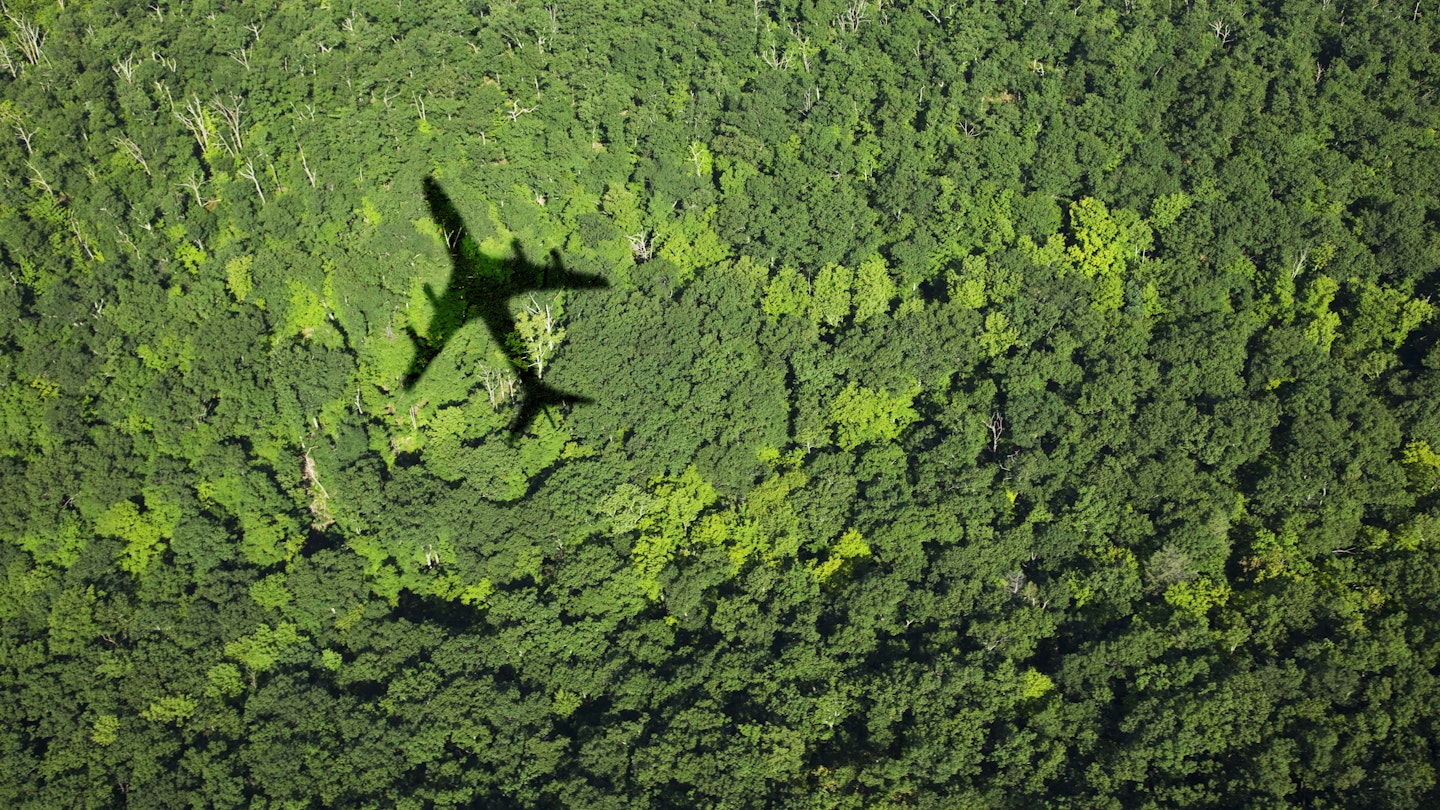Introduction to Sustainable Travel
COVID-19 will forever change travel, and the way we travel. As the world navigates the coronavirus crisis, we must also prepare for the climate crisis that is closely following it. Aviation journalist John Walton reflects on how we can all travel greener and more sustainably.
The Importance of Eco-Friendly Travel Choices
As we anticipate the end of COVID-19 lockdowns and restrictions, many of us are eager to start traveling once again. However, a crucial realization has emerged: our planet is fragile, making it essential for us to act as responsible stewards while we explore.
There exists an entire industry dedicated to ecologically friendly holidays. Nevertheless, beyond eco-friendly accommodations—such as eco-yurts—there are numerous choices we can all implement to minimize our contribution to climate change when traveling.
Newer Aircraft with Lower Emissions
For many travelers, the airline journey constitutes the largest portion of their environmental footprint. This is not only due to the emissions produced but because they are released at higher altitudes, which amplifies their impact.
Modern aircraft, such as the Airbus A350, A320neo, or A220, as well as the Boeing 787, have an emissions footprint approximately 25% lower than that of their older counterparts. Following the decline in travel demand due to COVID-19, many older aircraft have been retired and will not return to service, which means travelers will have the opportunity to fly on newer, more efficient airplanes.
It is advisable to look out for newer aircraft when traveling. Although the specific aircraft type cannot be guaranteed, if none are available, consider reaching out to your airline to express your preferences.
Moreover, individual choices can significantly reduce your environmental impact while flying. These include:
- Bringing your own food
- Selecting vegetarian or vegan meals on board
- Packing as light as possible
More Lower-Carbon Travel Options
In various regions worldwide, there are excellent alternatives to flying, particularly for short-haul and medium-haul travel. These options not only reduce emissions but often provide a more enjoyable travel experience, offering unique insights along the journey.
The increase in high-speed rail networks in many areas, coupled with convenient city-center-to-city-center services, makes rail travel a fantastic choice—even for those who previously opted for flying between multiple destinations.
Night trains are also seeing a resurgence, as more travelers discover their convenience, cost-effectiveness, and time-saving potential. Keep an eye out for new night train services being introduced, particularly across Europe.
However, it can be complex to plan trips that prioritize rail over air travel, demanding time, effort, and resources. Fortunately, innovative tools and guides are emerging to streamline this process.
Improved Rail Integration
Significant coordination is needed to enhance the integration of rail networks with other transportation modes.
For instance, when purchasing an airline ticket with connecting flights, the airline generally assumes responsibility for ensuring connections or rebooking free of charge. This is termed a “protected connection.” Unfortunately, such protections are rarely available for rail travel.
Except for the CIV rules governing international tickets within Europe, which permit next-train travel if a previous train is late, navigating rail connections can be complicated, often without guaranteed availability of seats.
Additionally, while rail-to-air ticketing options are on the rise, these tickets often include disclaimers stating that the airline bears no responsibility for delays in the rail component of the itinerary.
Overall, the travel industry must prioritize making it easier for travelers to adopt more sustainable choices.
Enhanced Walking and Biking Options
It has been encouraging to witness cities and towns improving their cycling and walking amenities, particularly during the pandemic.
Nevertheless, challenges remain, particularly regarding access to bicycle rentals within integrated travel networks. Facilitating short-term and medium-term bike rentals for travelers often proves complicated. Furthermore, issues such as helmet availability, while not the main focus, still affect accessibility for cycling tourists.
Some major cities have implemented bike-share schemes, which serve as a promising start. However, accommodation providers, especially hotels, have a significant opportunity to enhance their guests’ sustainable travel experience by either offering bike rentals themselves or partnering with local rental services.
Moreover, travel websites can assist in this regard by highlighting these options or presenting them as useful filters.
Travel plays a vital role in broadening our perspectives, connecting us with diverse cultures, and contributing to global development. Consequently, it has never been more critical to make travel choices that are conscious and sustainable.




